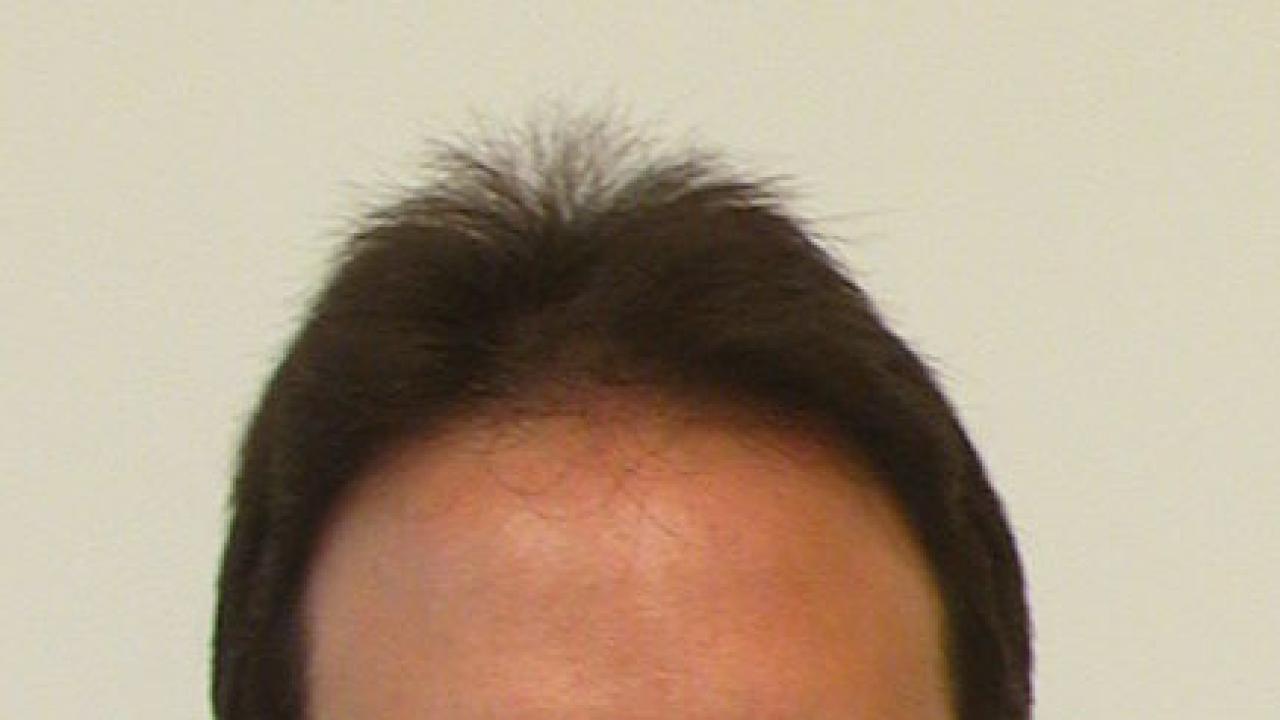
In the 1980s, ICTP founder Abdus Salam grew increasingly interested in the possibility of solving biology questions with physics, which inspired him to expand the centre's involvement in biology-related research. Today, ICTP continues to support a small research section on physics of the living state that studies such topics as biophysics, neurophysics, medical physics, astrobiology, and systems biology. The research, within the Applied Physics section concerns a broad spectrum of questions that are of interest to many people, ranging from practical questions regarding common health issues to philosophical questions regarding the nature of living organisms.
A yearly seminar series, organized by ICTP staff associate Julian Chela-Flores, highlights the research of ICTP associates and other visiting scientists within this diverse area of study, and the 2011 installment is about to begin. It is aimed at a mixed, interdisciplinary group, including members of other ICTP departments and visiting scientists; members of the general public are also encouraged to attend.
The first seminar, which will be held on 13 July, is titled
"Computational Neuroanatomy: Lights and Shadows," and features
Rafael Rodriguez Rojas, an ICTP Junior Associate from Havana, Cuba.
In recent years, whole-brain imaging and modeling techniques have
grown increasingly popular, but some methodological concerns still
keep them from playing a major role in clinical settings. Rodriguez
Rojas will discuss the recent debates within the field regarding
how best to implement new technologies in everyday medical
practice.
The following week, on 19 July, the seminar switches gears to
astrobiology. "This field is exciting because it's
interdisciplinary," Chela-Flores said. It requires a high level of
collaboration between biologists and physicists. Jorge Bueno and
Andres Moreno will speak about the new affiliation between their
home institution, the Instituto de Astrobiologia de Colombia, and
NASA. In addition to presenting their research on the microbiology
of extreme environments, the speakers will discuss their ongoing
endeavors to popularize astrobiology and engage young scientists
throughout Latin America.
Another lecture that will appeal to a wide audience takes place on
10 August, when Rita Cassia-Moura will speak about new research
into the way bone structure degenerates. Cassia-Moura is a medical
doctor and ICTP associate from Pernambuco University in Recife,
Brazil. Chela-Flores said this will be "a very exciting
seminar" presented by an engaging speaker. Osteoporosis,
Chela-Flores noted, "Is a problem of great interest," given that
all people contend with bone loss as they age.
Though Physics of the Living State is one of the smallest research
areas at the centre, it enriches the ICTP community and "makes the
centre of wider interest," said Chela-Flores. Fortunately, in the
next four years this area will expand, with an emphasis on systems
biology, which will also be the subject of the seminar on 3
August when Armen Poghosyan speaks. Poghosyan is from the
International Scientific Educational Centre of the National Academy
of Science of the Republic of Armenia.
















